Compared with 30 years ago, more meals are skipped or eaten on the go and later in the day, writes Professor Alexandra Johnstone of the University of Aberdeen.
Did you eat breakfast this morning, or skip the meal to rush to work or sleep longer?
If you prefer to hit the snooze button for a longer sleep, or choose to eat much later in the day, you’re not alone. The most common pattern of eating in the UK is to consume most daily calories in the evening – roughly 40% of our daily energy intake – and fewer in the morning. If you don’t feel hungry in the morning, it might be because you consumed a lot of calories before sleeping.
We know that what we eat may affect our risk of heart disease, high blood pressure, Type 2 diabetes, and obesity. Yet, recent nutrition research is showing that when we eat may be just as important for health.

With around 60% of the Scottish population collectively overweight and obese, it is recognised that we live in an “obesogenic environment”, where a sedentary lifestyle and ample supply of energy-dense food means it is easy to gain weight (and difficult to lose it). Habitual breakfast consumers tend to be leaner, perhaps because they also engage in other healthy behaviours that favour weight control.
As our lifestyles have become more irregular, so have our meal patterns
People who skip breakfast often do so in an attempt to reduce calorie intake and control body weight. Ironically, research has shown that habitually skipping breakfast and opting, instead, to become an evening eater is associated with greater weight gain.
However, it is not clear cut and, interestingly, we have recently reported, after a controlled diet study, that the time of day when calories are consumed does not influence energy expenditure and ability to achieve weight loss.
This is particularly relevant for people who work shifts. In shift work, eating does not coincide with the natural light/dark cycle, and the natural biological rhythms do not match feeding times.
The master “body clock” in the brain is affected by environmental cues, particularly sunlight and changes in time zone – but also when you eat. This new field of research is called “chrono-nutrition”, and links time of eating with biological rhythms.
The mechanisms behind why time of eating may influence health are not entirely clear. As our lifestyles have become more irregular, so too have our meal patterns. Compared with 30 years ago, more meals are skipped or eaten on the go and later in the day.
It is, of course, the type of foods you choose and portion sizes that have the biggest impact on your health. But, if it is the case that time of eating is linked to bodyweight and health, then we should be able to give better dietary advice on that, as well as nutritional content.
Alexandra Johnstone is a professor of appetite research at the University of Aberdeen
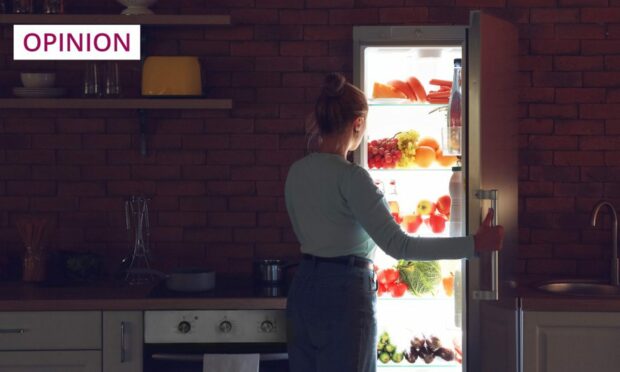


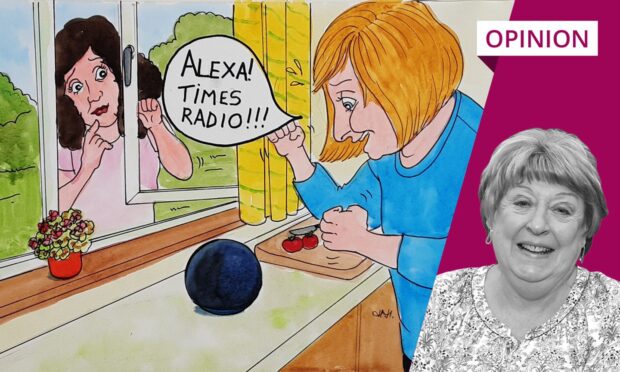
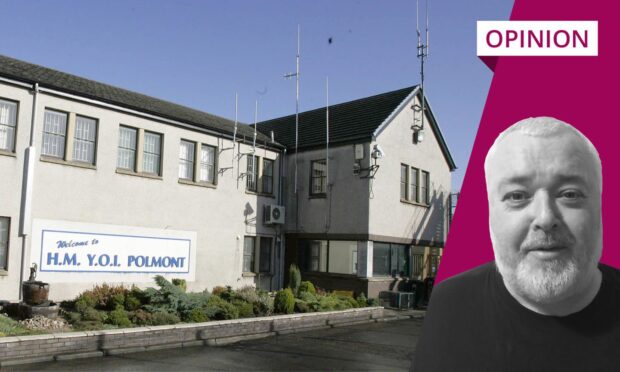
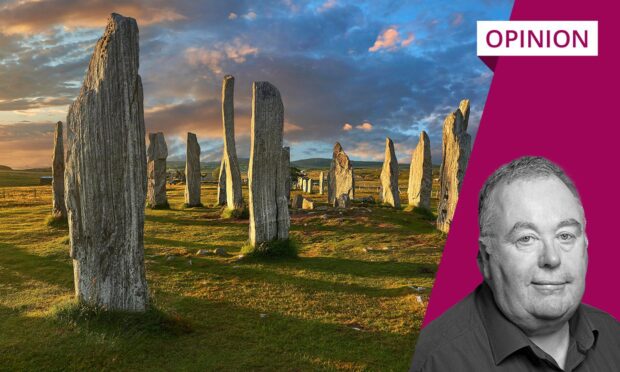
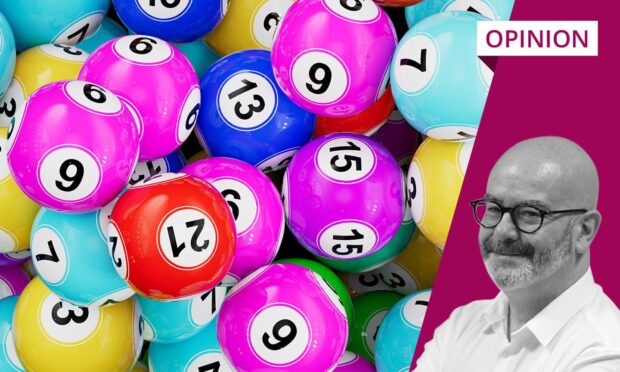
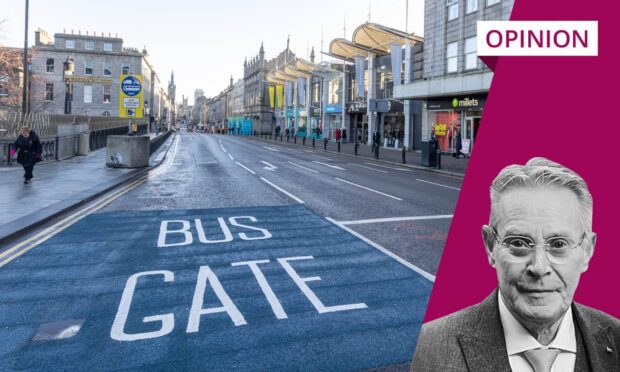
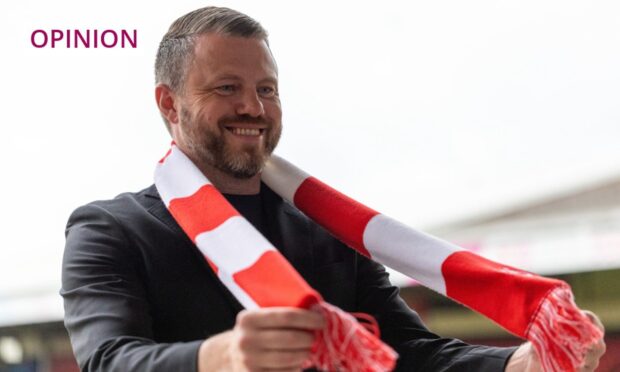
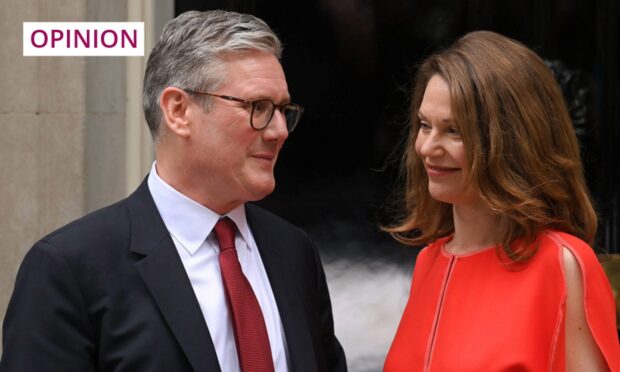

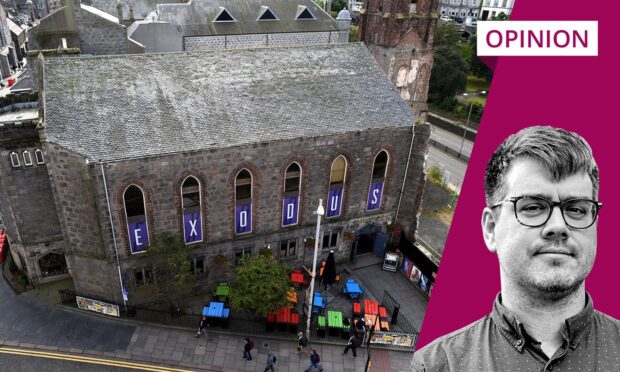
Conversation